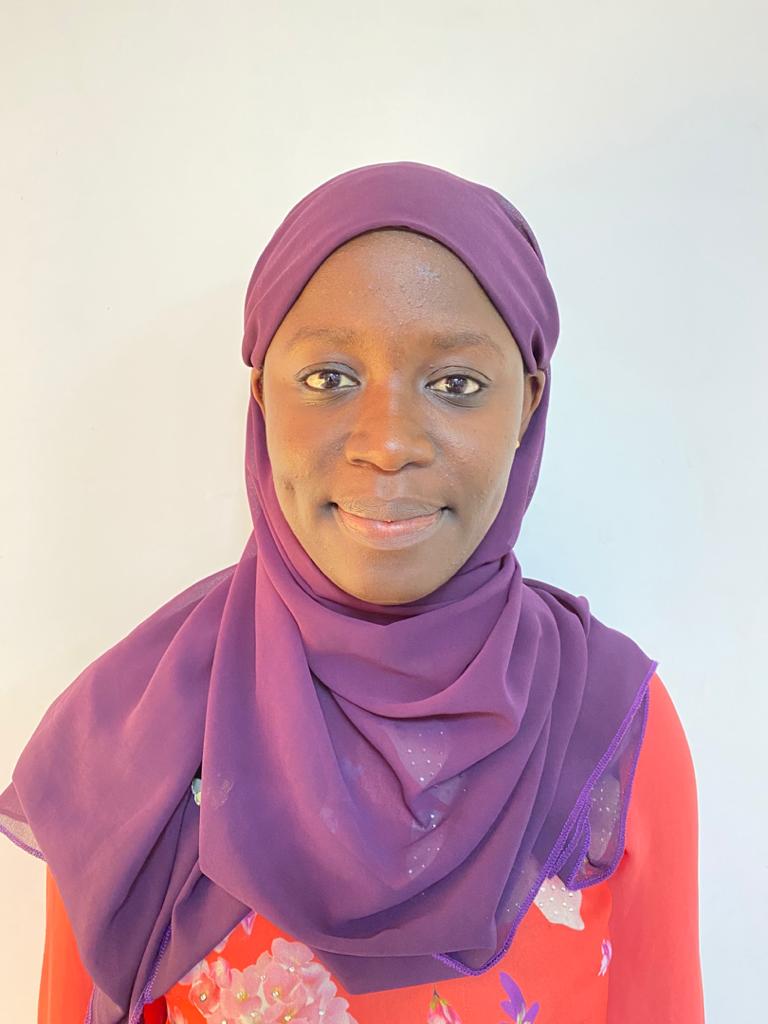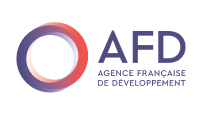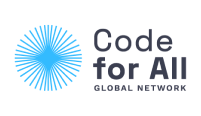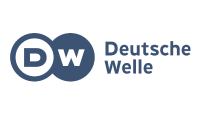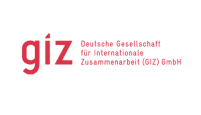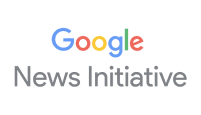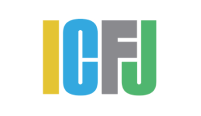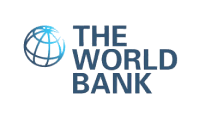About Us
Empowering citizens through data-driven initiatives
Code for Africa (CfA) is the continent’s largest network of civic technology and data journalism labs, with teams in more than 20 countries.
CfA builds digital democracy solutions that give citizens unfettered access to actionable information that empowers them to make informed decisions, which strengthens civic engagement for improved public governance and accountability. This includes building infrastructures like the continent’s largest open data portals at openAFRICA and sourceAFRICA. CfA incubates initiatives as diverse as the africanDRONE network, the PesaCheck fact-checking initiative and the sensors.AFRICA air quality sensor network.
CfA manages the African Network of Centres for Investigative Reporting (ANCIR), which gives the continent’s top muckraking newsrooms the best possible forensic data tools, digital security and whistleblower encryption to help improve their ability to tackle crooked politicians, organised crime and predatory big business. CfA runs academy.AFRICA, one of the continent’s largest skills development initiatives for digital journalists, and seed funds cross-border collaboration. CfA’s research and analysis programme CivicSignal offers actionable insights to help navigate Africa’s media ecosystem and emerging civic technology sector using machine learning tools and ‘big data’ resources.
CfA is non-partisan and does not support or oppose any political party or candidate. We do not undertake any advocacy work either for ourselves or on behalf of others.
CfA is registered as a non-profit organisation in South Africa, registration number 168–092, and in Kenya with registration number CPR/2016/220101.
Partnering for excellence
Collaborations and partnerships are at the heart of our work. To build digital democracies, we partner with organisations aligned with CfA values, acting as a catalyst for new initiatives and strengthening the local ecosystem by investing in and working through these partnerships.
Guiding Principles
CfA shares a covenant with the rest of the Code for All federation, based on the following guiding principles:
- We show what’s possible. CfA seeks to be a catalyst by lowering the political risk of experimentation through creating successful proofs of concept for liberating civic data, for building enabling technologies and for pioneering sustainable revenue models. The organisation also endeavours to lower the financial costs for technology experimentation by creating and managing ‘shared’ backbone civic technology, and availing resources for rapid innovation.
- We empower citizens. Empowering citizens is central to CfA’s theory of change. Strong democracies rely on engaged citizens who have actionable information and easy-to-use channels for making their will known. CfA works primarily with citizen organisations and civic watchdogs, including the media and also supports government and social enterprises in developing their capacity to respond meaningfully to citizens and to collaborate effectively with them.
- We are action-oriented. African societies are asymmetric: the balance of power rests with governments and corporate institutions, at the expense of citizens who are treated as passive recipients of consultation or services. CfA seeks to change this by focusing on actionable data and action-oriented tools that give agency to citizens.
- We operate in public. CfA promotes openness in our operations and in the work of our partners. All digital tools utilised are open source, and the organisation’s information is open data. CfA actively encourages documentation, sharing and collaboration, in addition to reuse of our own tools, programmes and processes, as well as those of our partners.
- We help build ecosystems. CfA actively marshals resources to support the growth of a pan-African ecosystem of civic technologists. Whenever possible, this means reusing existing tools, standards and platforms, encouraging integration and extension. CfA operates as a pan-African federation of organisations who are active members of a global community, leveraging each other’s knowledge and resources.
Code for Africa (CfA) is the continent’s largest network of civic technology and data journalism labs, with teams in more than 20 countries.
CfA builds digital democracy solutions that give citizens unfettered access to actionable information that empowers them to make informed decisions, which strengthens civic engagement for improved public governance and accountability. This includes building infrastructures like the continent’s largest open data portals at openAFRICA and sourceAFRICA. CfA incubates initiatives as diverse as the africanDRONE network, the PesaCheck fact-checking initiative and the sensors.AFRICA air quality sensor network.
CfA manages the African Network of Centres for Investigative Reporting (ANCIR), which gives the continent’s top muckraking newsrooms the best possible forensic data tools, digital security and whistleblower encryption to help improve their ability to tackle crooked politicians, organised crime and predatory big business. CfA runs academy.AFRICA, one of the continent’s largest skills development initiatives for digital journalists, and seed funds cross-border collaboration. CfA’s research and analysis programme CivicSignal offers actionable insights to help navigate Africa’s media ecosystem and emerging civic technology sector using machine learning tools and ‘big data’ resources.
CfA is non-partisan and does not support or oppose any political party or candidate. We do not undertake any advocacy work either for ourselves or on behalf of others.
CfA is registered as a non-profit organisation in South Africa, registration number 168–092, and in Kenya with registration number CPR/2016/220101.
Partnering for excellence
Collaborations and partnerships are at the heart of our work. To build digital democracies, we partner with organisations aligned with CfA values, acting as a catalyst for new initiatives and strengthening the local ecosystem by investing in and working through these partnerships.
Guiding Principles
CfA shares a covenant with the rest of the Code for All federation, based on the following guiding principles:
- We show what’s possible. CfA seeks to be a catalyst by lowering the political risk of experimentation through creating successful proofs of concept for liberating civic data, for building enabling technologies and for pioneering sustainable revenue models. The organisation also endeavours to lower the financial costs for technology experimentation by creating and managing ‘shared’ backbone civic technology, and availing resources for rapid innovation.
- We empower citizens. Empowering citizens is central to CfA’s theory of change. Strong democracies rely on engaged citizens who have actionable information and easy-to-use channels for making their will known. CfA works primarily with citizen organisations and civic watchdogs, including the media and also supports government and social enterprises in developing their capacity to respond meaningfully to citizens and to collaborate effectively with them.
- We are action-oriented. African societies are asymmetric: the balance of power rests with governments and corporate institutions, at the expense of citizens who are treated as passive recipients of consultation or services. CfA seeks to change this by focusing on actionable data and action-oriented tools that give agency to citizens.
- We operate in public. CfA promotes openness in our operations and in the work of our partners. All digital tools utilised are open source, and the organisation’s information is open data. CfA actively encourages documentation, sharing and collaboration, in addition to reuse of our own tools, programmes and processes, as well as those of our partners.
- We help build ecosystems. CfA actively marshals resources to support the growth of a pan-African ecosystem of civic technologists. Whenever possible, this means reusing existing tools, standards and platforms, encouraging integration and extension. CfA operates as a pan-African federation of organisations who are active members of a global community, leveraging each other’s knowledge and resources.

CfA seeks to be a catalyst by lowering the political risk of experimentation through creating successful proofs of concept for liberating civic data, for building enabling technologies and for pioneering sustainable revenue models. The organisation also endeavours to lower the financial costs for technology experimentation by creating and managing ‘shared’ backbone civic technology, and availing resources for rapid innovation.

Empowering citizens is central to CfA’s theory of change. Strong democracies rely on engaged citizens who have actionable information and easy-to-use channels for making their will known. CfA works primarily with citizen organisations and civic watchdogs, including the media and also support government and social enterprises in developing their capacity to respond meaningfully to citizens and to collaborate effectively with them.

African societies are asymmetric: the balance of power rests with governments and corporate institutions, at the expense of citizens who are treated as passive recipients of consultation or services. CfA seeks to change this by focusing on actionable data and action-orientated tools that give agency to citizens.

CfA promotes openness in our operations and in the work of our partners. All digital tools utilised are open source, and the organisation’s information is open data. CfA actively encourages documentation, sharing and collaboration, in addition to reuse of our own tools, programmes and processes, as well as those of partners.

CfA actively marshals resources to support the growth of a pan-African ecosystem of civic technologists. Whenever possible, this means reusing existing tools, standards and platforms, encouraging integration and extension. CfA operates as a pan-African federation of organisations who are active members of a global community, leveraging each other’s knowledge and resources.

Collaboration is at the heart of what CfA does. To build digital democracies the organisation partners with parties aligned with CfA’s values and works as a catalyst that kickstarts new initiatives and strengthens the local ecosystem by investing in and working through these partnerships.

From fact-checking to research, each of our projects work to empower citizens.

In just a few years, our team has grown to over 80 staff members across Africa.

Our team makes an impact in more than 20 countries where members are present.

Code for Africa has been working on digital democracies in the civic tech industry for over 10 years.

We've helped produce thousands of datasets through our data-driven initiatives.

Collaboration is at the core of what we do which is why we’ve partnered with 100 media organisations to help them tell stories in new ways.

Working with our university partners guarantees our skills development programmes are enriching and valuable.

In 10 years, 15 000 trainees have learned new skills and knowledge within the civic tech and media space.

The impact of our work has allowed us to connect with 250 international organisations.




